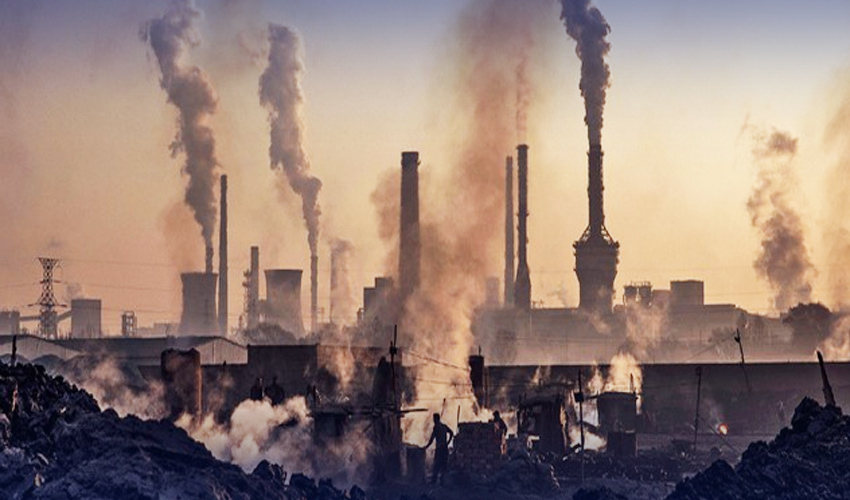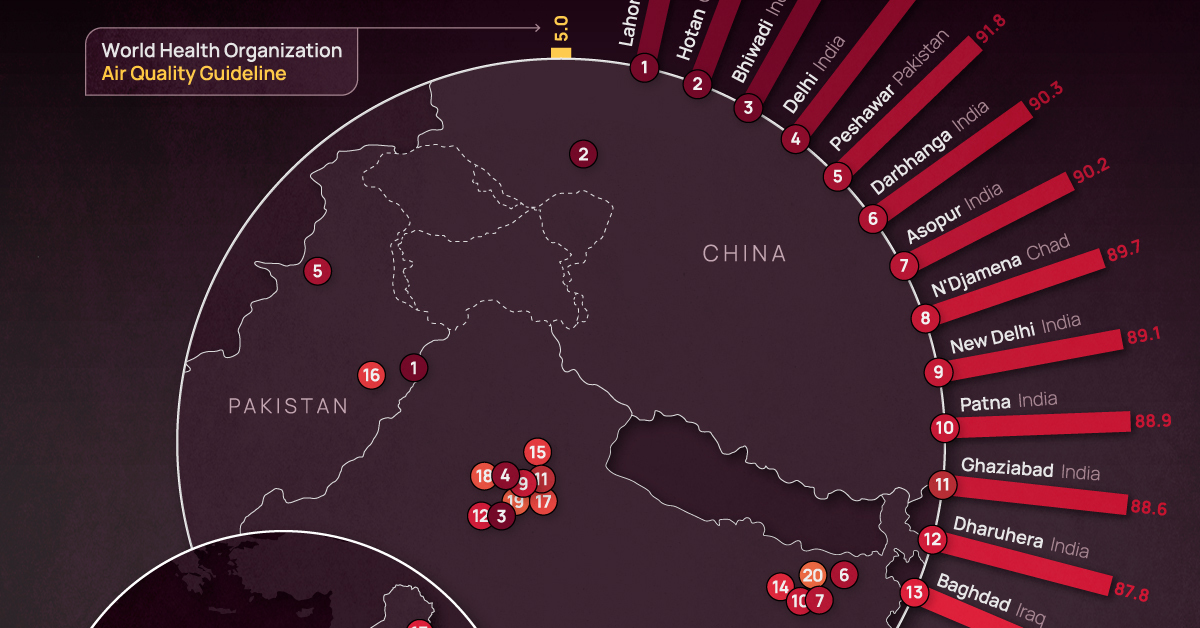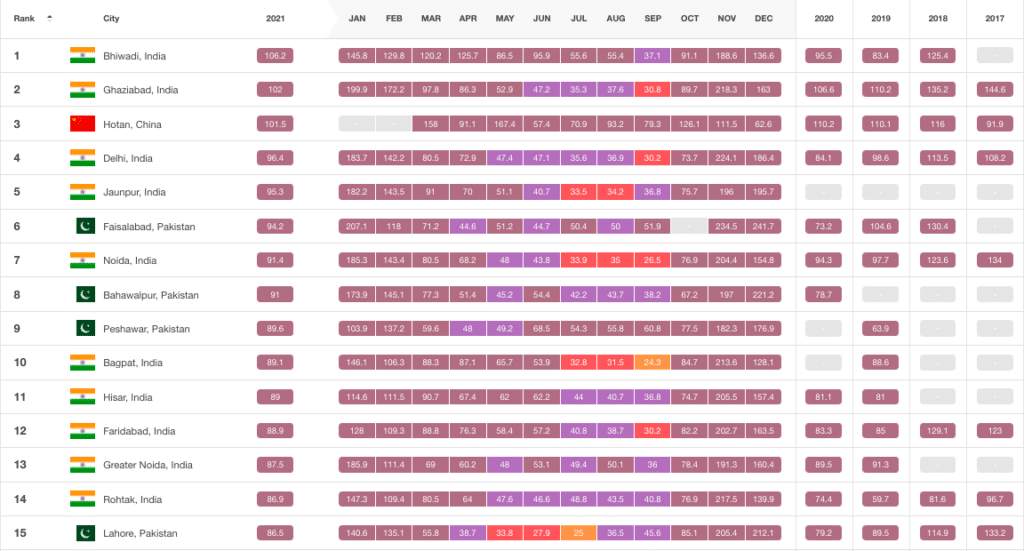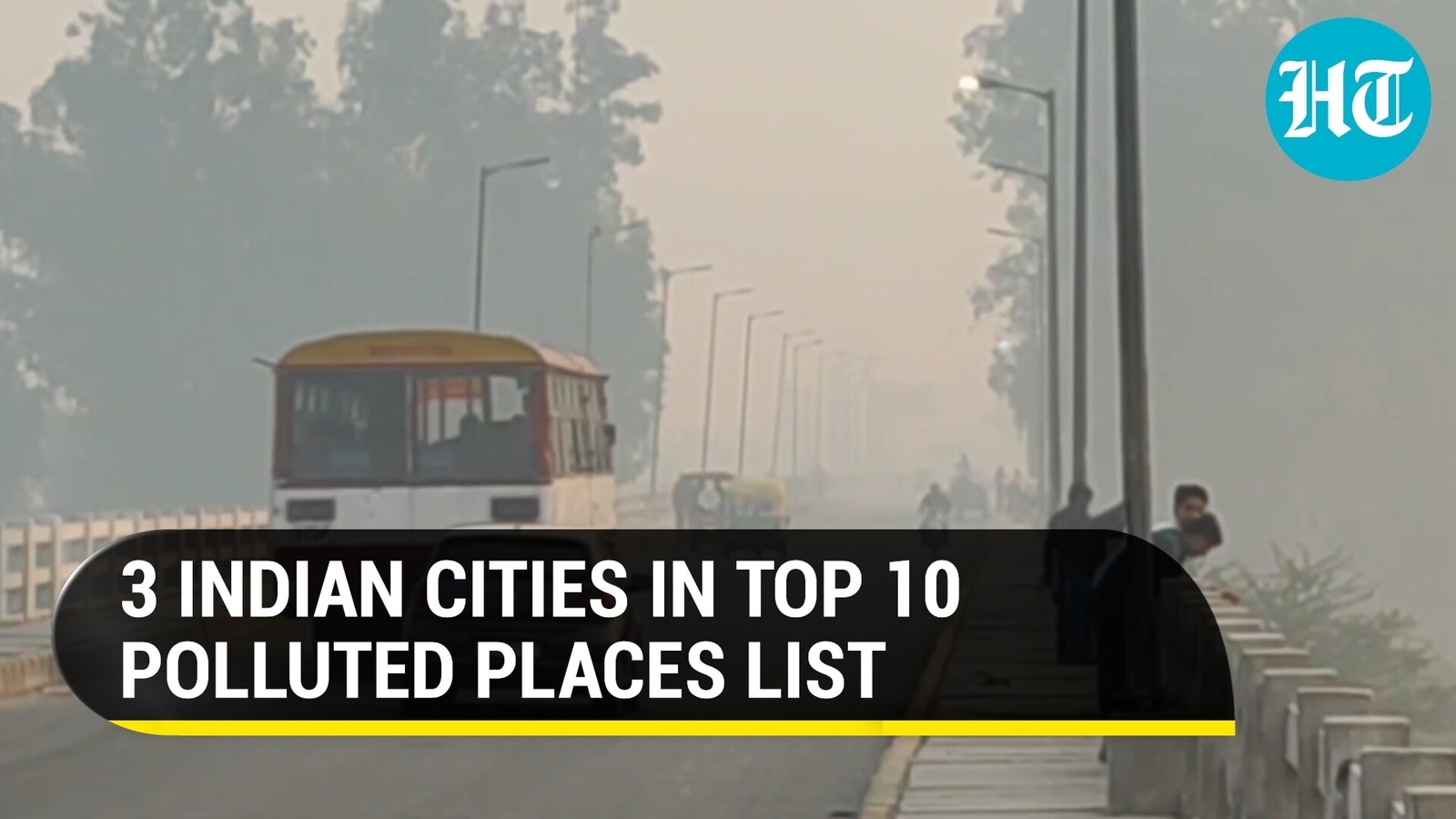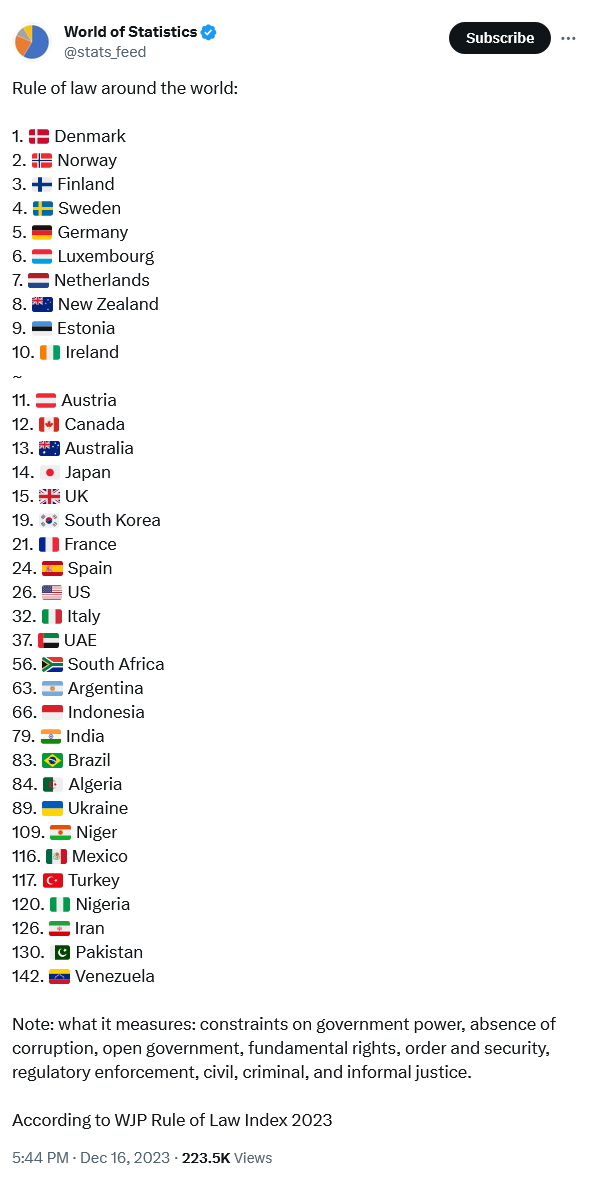The Silent Threat
Air Pollution Claims More Lives Than Cancer, Smoking, and War Crimes
In a world grappling with numerous health crises, the pervasive issue of air pollution often goes unnoticed, emerging as a significant threat to human life. Astonishingly, the World Health Organization (WHO) estimates that air pollution is responsible for seven million premature deaths annually, surpassing the combined toll from cancer, smoking, and war crimes.
Exploring the Alarming Reality of Air Pollution
Air pollution, a complex amalgamation of gases and particles, permeates the respiratory system, instigating a spectrum of adverse health effects. Ranging from mild respiratory irritation to severe cardiovascular and respiratory diseases like asthma, bronchitis, and pneumonia, its impact is profound.
According to the WHO, air pollution contributes to:
- Approximately 7 million premature deaths globally each year
- An estimated 443,000 deaths from childhood pneumonia
- 25% of all deaths from stroke
- 24% of all deaths from heart disease
- 43% of all deaths from lung cancer
Beyond physical health, exposure to air pollution has notable cognitive and mental health consequences, leading to impaired cognitive performance, anxiety, depression, and an increased risk of dementia.
Sources of Air Pollution
Various human activities contribute to air pollution, including:
- Burning fossil fuels: Combustion of coal, oil, and natural gas releases harmful pollutants such as particulate matter, sulfur dioxide, and nitrogen oxides.
- Industrial emissions: Manufacturing, mining, and power generation release pollutants like volatile organic compounds, heavy metals, and hazardous air pollutants.
- Vehicle emissions: Exhaust fumes from vehicles release particulate matter, carbon monoxide, and nitrogen oxides.
- Agricultural activities: Crop burning and livestock farming release pollutants like particulate matter, ammonia, and methane.
- Indoor air pollution: Cooking, smoking, and household chemical use contribute to indoor air pollution.
Urgent Global Action Required
The critical health consequences of air pollution necessitate immediate global action. Governments, industries, and individuals play pivotal roles in addressing this crisis.
Governments should:
- Implement stricter emission standards for industries and vehicles
- Invest in renewable energy and sustainable transportation
- Promote energy efficiency and awareness
- Strengthen air quality monitoring and enforcement
Industries should:
- Adopt cleaner technologies and production processes
- Invest in pollution control measures
- Collaborate with research institutions for innovative solutions
- Enhance transparency and accountability regarding environmental impact
Individuals can contribute by:
- Opting for public transportation, cycling, or walking
- Conserving energy with efficient appliances and renewable sources
- Avoiding burning trash or yard waste
- Reducing aerosol sprays and household chemical use
- Supporting environmentally conscious businesses
Air pollution stands as a global health crisis demanding immediate attention. Collaborative efforts from governments, industries, and individuals can effectively reduce air pollution, safeguard public health, and pave the way for a cleaner, healthier future.
Additional Information on Black Carbon
Black carbon (BC), also known as soot, results from incomplete combustion of fossil fuels and biomass. A major climate and air pollutant, BC adversely affects human health and contributes to climate change.
BC causes respiratory diseases and increases all-cause mortality. Exposure to BC, specifically, can elevate cardiovascular disease risk significantly. Globally, unhealthy particulate matter exposure, including BC, causes three to six million excess deaths annually, with approximately 35 deaths per 1,000 linked to BC alone.
The disproportionate impact of BC on low- and middle-income countries, particularly in South Asia and sub-Saharan Africa, is evident. Solid fuel use in these regions leads to household indoor air pollution, causing about half of all premature deaths associated with air pollution globally.
BC also contributes to climate change by absorbing solar energy. Its short-term global warming potential exceeds that of carbon dioxide. Additionally, BC deposited on ice reduces albedo, accelerating snow melt in regions like the Arctic and Himalayas.
Reducing BC emissions can yield significant benefits. Targets to reduce BC could prevent millions of premature deaths, particularly in South Asia and sub-Saharan Africa. Providing clean cooking fuel in Africa could avert hundreds of thousands of deaths annually, offering substantial socio-economic benefits.
The horrible situation of air pollution in the national capital region has highlighted India's struggle with ensuring clean air for its citizens. Now, a list compiled by a Switzerland-based climate group, features 3 Indian cities among the 10 most polluted places in the world. Delhi tops the list, while Kolkata is at number 4, and Mumbai at number 6. Cities in Pakistan and China also feature on the list.
Transitioning to clean cooking fuel not only improves health but also mitigates deforestation, particularly in regions like East Africa. In urban areas, focusing on reducing BC emissions from vehicle transportation can substantially mitigate morbidity and mortality, particularly in low- and middle-income countries.
Reducing BC emissions is crucial for climate goals, contributing to a reduction in greenhouse gas emissions. It also aligns with broader efforts to address climate and air pollution, offering a win-win scenario for human well-being, climate, and the economy.

